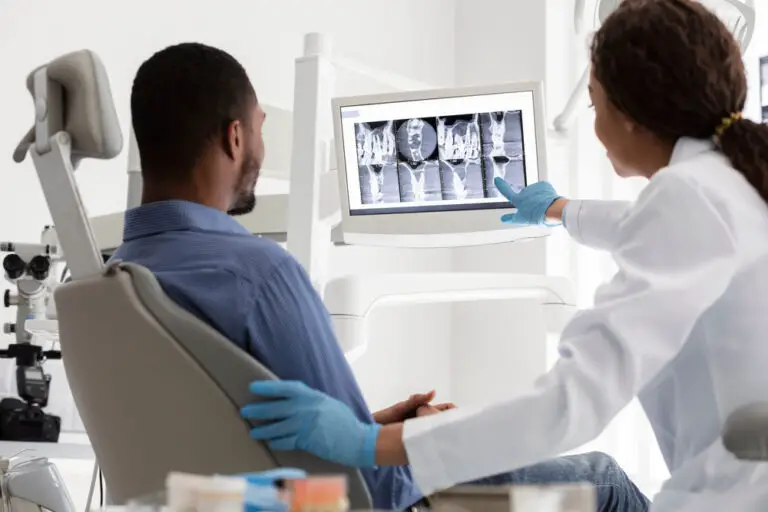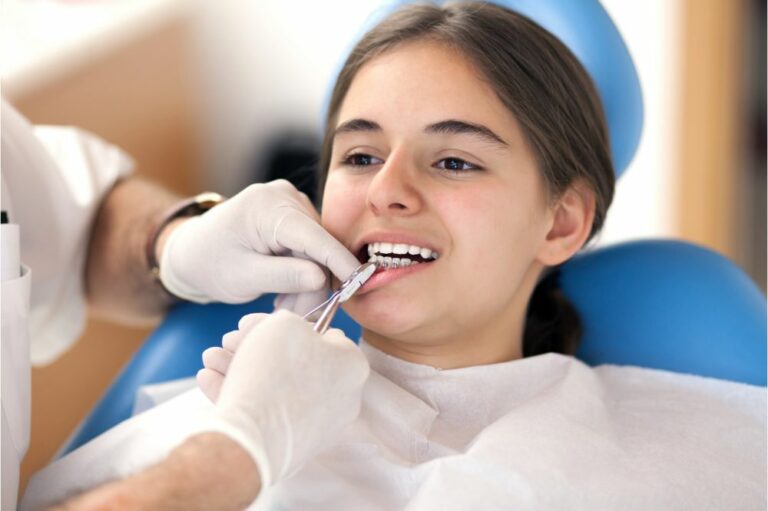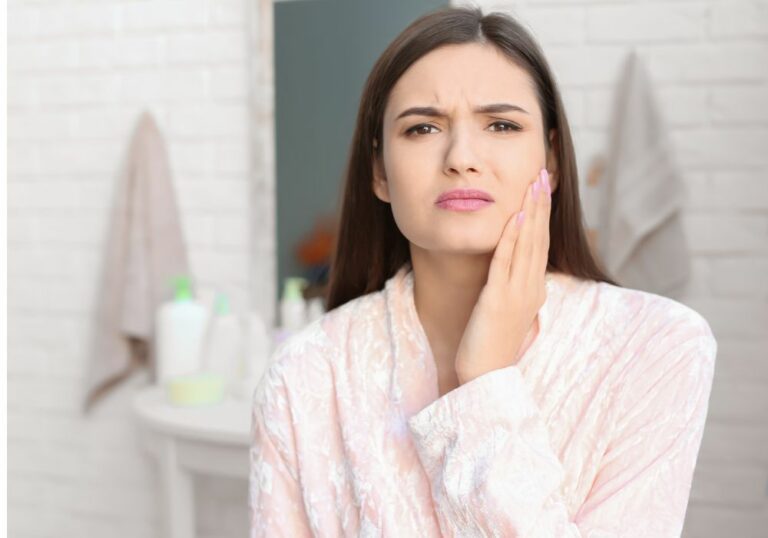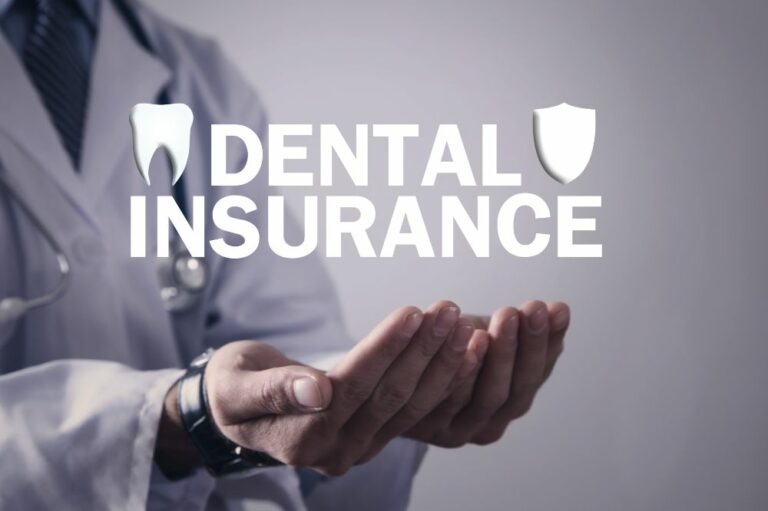After getting your wisdom teeth removed, it is crucial to avoid smoking or vaping during the healing process. Smoking and vaping can lead to severe complications like dry socket, infection, and delayed healing. Most dentists and oral surgeons recommend avoiding smoking and vaping for at least 72 hours after surgery, but longer abstinence is ideal.
Reasons to Avoid Smoking and Vaping after Wisdom Teeth Removal
There are several important reasons why smoking and vaping should be avoided after wisdom teeth extraction:
Increased Risk of Dry Socket
Dry socket is a common complication that occurs when a blood clot fails to form properly in the socket after tooth extraction. This exposes the bone and nerves, leading to severe throbbing pain that can last for over a week.
Smoking and vaping can dislodge the blood clot and significantly increase the risk of developing dry socket. Studies show smoking raises dry socket risk from an average of 3% to up to 30% after wisdom tooth removal. The nicotine causes constriction of blood vessels that provide the extraction site with blood and nutrients needed for clotting.
Dry socket requires multiple follow-up visits for irrigating and medicating the extraction site to manage pain. This leads to higher costs and extended recovery time.
Delayed Healing
The over 7,000 chemicals in cigarettes smoke can severely constrict blood vessels and restrict blood flow to the surgical site. This significantly reduces the supply of oxygen and nutrients that are essential for proper healing after surgery.
Smoking also suppresses fibroblast function which are cells that synthesize collagen and facilitate wound closure. It also causes vasoconstriction which reduces capillary growth and new tissue regeneration.
This delay in healing can lead to increased risk of infection, longer recovery times, increased scarring, and need for additional procedures if serious complications arise.
Higher Chance of Infection
Smoking is proven to have immunosuppressive effects which make infections more likely to occur and become increasingly severe. This includes local infections of the extraction site and surrounding oral tissues.
The heat, dehydration, and chemicals from vaping can also encourage bacterial growth, especially if any debris enters the open socket. Dry sockets are especially prone to becoming infected. This often requires antibiotics or even surgical drainage of abscesses which form.
Interfere with Medications
Many medications prescribed after oral surgery can be impacted by smoking. The liver has to work harder to metabolize medications and smoking creates higher metabolism of drugs.
For example, smoking can reduce blood levels of antibiotics by up to 50% making them less effective. Pain medications and drugs to prevent nausea are also often prescribed after surgery. Smoking increases the breakdown of these drugs reducing their efficacy.
Oral Tissue Damage
The high temperatures from cigarette smoke or vape devices can damage the tender granulation tissues and blood clots attempting to form in the surgical sites. Toxins like carbon monoxide and nicotine also constrict blood vessels in the tender tissues.
This can lead to increased postoperative swelling and bleeding which delay healing. Smoking can also cause localized tissue death and increase risk of nerve injuries resulting in numbness of the lips, tongue, or chin.
How Long to Avoid Smoking and Vaping after Wisdom Teeth Removal?

Most oral surgeons recommend avoiding smoking and vaping for at least 72 hours after wisdom tooth extraction. However, extending this period leads to lower complication risks and improved healing.
Here are general guidelines on how long to avoid smoking and vaping after surgery:
- 72 hours minimum – The initial healing period is critical. Blood clots are still forming and tissues are extremely vulnerable. Even a few puffs could dislodge clots.
- 1 week – Allows tissues to partially heal over extraction sites while significantly reducing chances of infection. Most patients require strong pain medication during this time.
- 2 weeks – The ideal for more significant surgical extractions and for regular smokers. Ensures blood clots have stabilized, tissues have closed over sites, and infection risks are minimized.
- 4-6 weeks – Recommended for extensive surgeries like full bony impactions or multiple extractions. Allows complete tissue healing internally and externally.
Consult your oral surgeon about an appropriate post-operative timeframe to avoid smoking based on your specific procedure and health history. They can provide guidelines tailored to your situation.
Steps to Manage Nicotine Cravings after Oral Surgery
Quitting smoking and vaping cold turkey after surgery can be challenging. Nicotine is incredibly addictive and withdrawal symptoms peak within the first 1-3 days. Here are some tips to help manage nicotine cravings:
- Use nicotine patches, gum, or lozenges to gradually wean off levels and reduce withdrawal symptoms. Practice this method before surgery.
- Identify likely triggers for cravings like morning coffee or alcohol use. Develop a response plan such as using oral substitutes.
- Stay hydrated and use ice packs to soothe irritated oral tissues when cravings hit.
- Practice deep breathing, meditation, or relaxation techniques to calm cravings. Go for a walk or other physical activity.
- Avoid alcohol after surgery as it lowers inhibitions regarding smoking and makes cravings harder to resist.
- Get support from friends and family and ask them to help keep you accountable about not smoking.
- Make a motivational list of reasons to abstain like improved healing, avoiding dry socket pain, and saving money.
- Distract yourself with movies, games, puzzles and other smoke-free activities when cravings hit.
Consequences of Smoking after Wisdom Teeth Removal
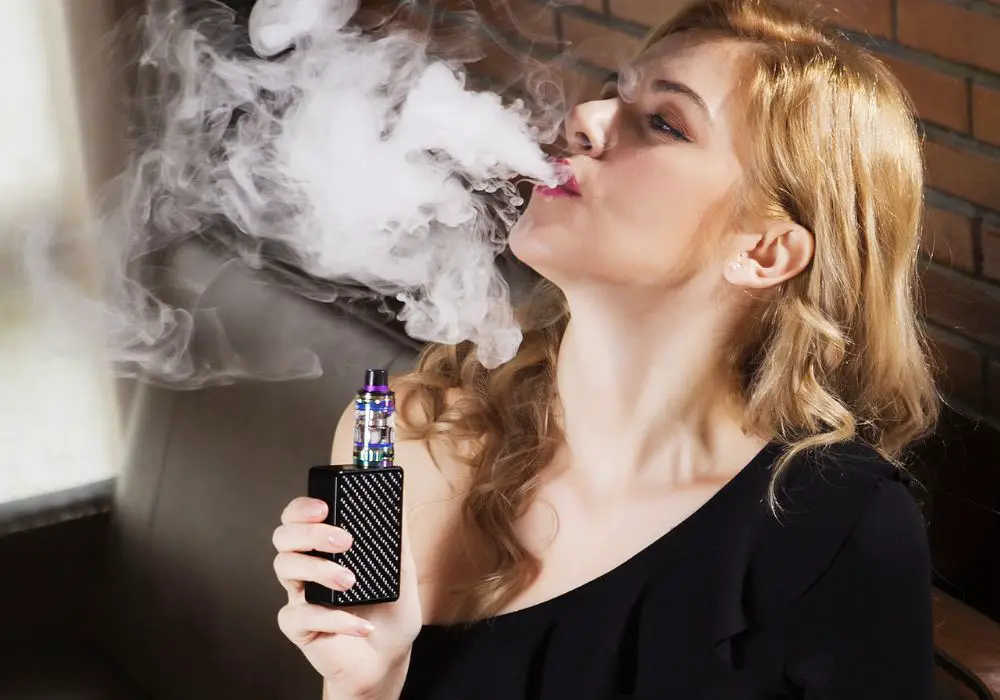
Smoking and vaping too soon after oral surgery can have serious repercussions. Potential consequences include:
- Dry Socket – Up to 30% chance of developing this excruciating complication if smoking after surgery. Requires multiple follow-up visits to manage pain.
- Infection – Often requires antibiotics or surgical drainage of abscesses. Potentially life-threatening systemic infection.
- Bleeding – Cigarettes can disrupt clot formation leading to postoperative bleeding that may require emergency care.
- Nerve Injury – Heat and toxins can damage nerves leading to permanent lip, tongue, or chin numbness.
- Impaired Healing – Greatly delayed wound closure, increased scarring, dehiscence (reopening).
- Failure of Implants or Grafts – Smoking impedes integration and survival of any bone or tissue grafting done.
- Additional Procedures – Poor healing may necessitate re-operating or debridement procedures to clean infected sites.
- Increased Costs – Follow-up visits, medications, additional procedures significantly raise costs.
Avoiding smoking and vaping after surgery is imperative for quick, complication-free recovery from wisdom tooth extraction.
FAQs
How soon after wisdom teeth removal can I smoke?
It is best to avoid smoking for at least 72 hours after having your wisdom teeth taken out. Many oral surgeons recommend waiting 1-2 weeks if possible. Smoking too soon greatly raises your risk of developing dry socket and other complications.
Can I vape after my wisdom teeth are removed?
No, vaping should also be avoided for at least 72 hours after wisdom tooth removal and ideally 1-2 weeks. Vaping can dislodge blood clots, introduce bacteria, and impair healing similar to smoking. The heat and chemicals can damage the surgical site.
What happens if I smoke after wisdom tooth extraction?
Smoking after surgery significantly raises your chances of developing dry socket, infection, and other complications. It can lead to severe pain, bleeding, nerve injury, graft failure, and additional procedures. Smoking impedes the body’s natural healing abilities.
How can I manage cravings after wisdom tooth removal?
Use nicotine patches and oral substitutes, avoid triggers, practice deep breathing, drink water, use ice packs, get support from others, remind yourself why you are abstaining, and distract yourself with smoke-free activities. Have a plan in place before surgery.
When can I smoke again after wisdom tooth extraction?
Most oral surgeons recommend waiting at least 72 hours, but 1-2 weeks is better. For more complicated surgeries like full bony impactions, you may need to refrain for 4-6 weeks until sites are fully closed. Ask your surgeon about an appropriate timeframe.
Is vaping safer than smoking after oral surgery?
No, vaping can also significantly disrupt healing after wisdom tooth removal. The heat, dehydration, and chemicals pose many of the same risks as smoking, like dry socket, infection, and damage to surgical sites. It is best to avoid both smoking and vaping.
The Takeaway
Having your wisdom teeth removed requires avoiding smoking and vaping during the healing process. Smoking and vaping can lead to dangerous complications like dry socket, infection, and permanent damage. Managing cravings and abstaining for at least 72 hours, and ideally 1-2 weeks, leads to the best surgical outcomes. Your oral surgeon can advise you on an appropriate recovery timeline. Prioritizing proper post-operative care leads to quicker, complication-free healing after your wisdom teeth are removed.

